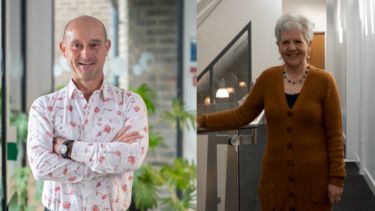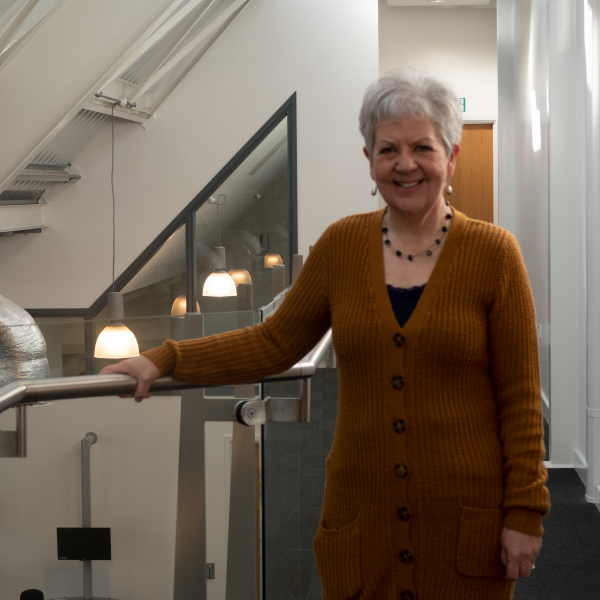We are delighted to share that Professor Penny Dick and Professor Don Webber have both seen success with their latest research publications.
Penny Dick has seen her book entitled "Rethinking Gender Inequalities in Organizationsā published by Edward Elgar. Pennyās book challenges mainstream understandings of and approaches to gender inequality and argues that women's relative disadvantage in workplaces is a consequence of how "real" work is understood. Work involving relational and communicative skills (often typical of womenās work), is perceived to be āeasyā and of low social and economic value because such skills are seen as natural attributes that do not require formal credentialization. Pennyās book asks readers to critically engage with these assumptions and to consider that the high social and economic value attaching to some forms of work is a political process. Inequality, therefore, cannot be realistically addressed by trying to increase the numbers of women in high value occupations but instead must proceed from interrogating and problematizing processes of economic and social valuation.
Certain chapters of the book draw on work funded by the ESRC and Leverhulme/BA. You can find Pennyās book here:
Don Webber has co-authored a new research book āMigration, Mobility and the Creative Classā which was published in March 2024. Don co-authored the book in partnership with Dr Ellen Hughes, Senior Lecturer in Digital Business at Bristol Business School and Professor Glenn Parry, Professor of Digital Transformation, Surrey Business School. The book challenges contemporary conceptions of the mobility of the creative worker, whilst examining the validity and logic of policymakers' strategies to attract the creative class. Furthermore, the book emphasises the need for a reassessment of the policies employed for local and regional development.
Geoffrey J.D. Hewings, University of Illinois at Urbana Champaign, US commented āThis book provides an important contribution with its focus on the role of migration and especially on the role of repeat or what the authors term āYo-Yo migrationā. This insightful text suggests that place creation and identity may be continually changing through a complex supply-demand dynamic within and across a multi-level structure of large metropolitan areas. A strong contribution of this text is the bringing to light of the role of family structure and associated support networks that have conditioned and facilitated the movement of the creative class. The findings suggest strong linkages to recent initiatives associated with smart specialisation strategy and, more broadly, a need to focus less on individuals and more on the broader socio-economic system in which we all operate. This timely book should encourage more research on the importance of family ties in shaping migration patterns and regional socioeconomic development.ā
You can find Donās book here:
Professor Fraser McLeay, Interim Dean at 91Ö±²„ University Management School, stated, āWe would like to congratulate both our academics on their publishing success. At the Management School, we are committed to delivering excellence in research that encourages positive societal transformation. Both of these excellent publications reflect this vision and we look forward to their continued endeavours.ā





